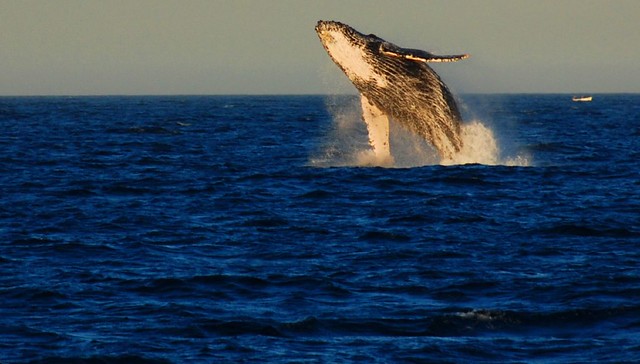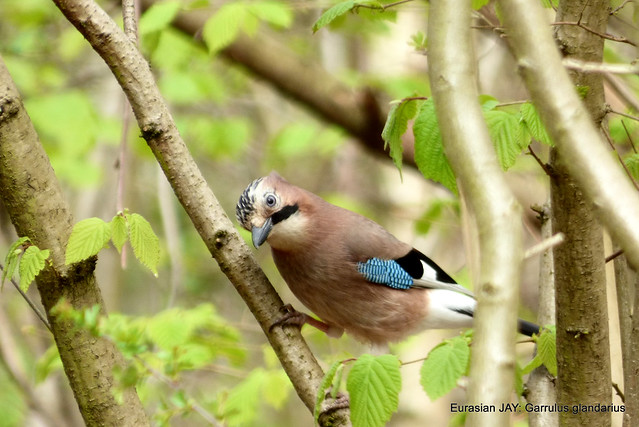Words for bee, sting and related things in Celtic languages.
Words marked with a * are reconstructions.
| Proto-Celtic | *bekos/*bikos = bee |
|---|---|
| Old Irish (Goídelc) | bech [bʲex] = bee |
| Middle Irish | bech [bʲex] = bee bechlann [bʲex] = beehive bechatoir, beachadoir = (hereditary) beekeeper bechda = full of bees |
| Irish (Gaeilge) | beach [bʲax] = bee beachaire = beekeeper, beehive beachaireacht = beekeeping beachlann = apiary |
| Scottish Gaelic (Gàidhlig) | beach [bɛx] = bee, wasp beachach [bɛxəx] = pertaining to or abounding in bees or wasps beachair [bɛxɪrʲ] = beehive beachan [bjaxər̪ˠn̪ˠ] = small bees or wasps |
| Proto-Brythonic | *bɨg = bee |
| Middle Welsh (Cymraeg) | byg = bee bedaf, bydaf = bees’ nest, beehive bygegyr = drone |
| Welsh (Cymraeg) | bygegyr, begegyr = drone bydaf = swarm or nest of (wild) bees, bees’ nest and honey therein, beehive |
Etymology: possibly from Proto-Indo-European *bʰik-/bʰoyk- (bee), from*bʰey- (bee) [source]. Words from the same roots include bee in English, and fuco (drone – male bee) in Italian [source].
| Middle Irish | teillenn = swarm of bees |
|---|---|
| Irish (Gaeilge) | seileán = (wild) honey bee |
| Scottish Gaelic (Gàidhlig) | seillean [ʃel̪ʲan] = bee |
| Manx (Gaelg) | shellan [ˈʃɛlʲan] = bee shelleig, shellaig = beehive, hive |
Etymology: unknown [source].
| Proto-Celtic | *wan-inyo- = bee (?) |
|---|---|
| Middle Welsh (Cymraeg) | gwanan, gwenyn = bees gwenynen, guenenen = bee gwenynllestyr = beehive |
| Welsh (Cymraeg) | gwenyn = bees gwenynen = bee gwenynaf, gwenynu = to keep bees gwenynllais = a humming (of bees) gwenynlle = beehive gwenynog = apiary, bee-garden, pertaining to bees, abounding in bees gwenynydd = beekeeper, apiarist gwenynyddiaeth = beekeeping |
| Middle Cornish (Cernewec) | gwanan, gwenyn = bees gwenynen, guenenen = bee |
| Cornish (Kernewek) | gwenen = bees gwenenen = bee gwenen sia = bumble bee |
| Middle Breton (Brezonec) | guenan, guënan = bees guenanenn, guennanen = bee |
| Breton (Brezhoneg) | gwenan, gwenen, gweren = bees gwenanenn = bee gwenaneg = apiary gwenaner = beekeeper gwenanerezh = beekeeping, apiculture |
Etymology: from Proto-Celtic *wano- (tip, sting) [source], from PIE *gʷʰen- (to strike, slay, kill). Words from the same root include bane, defend, fence and gun , and words for to stab, sting, wound, etc. in Celtic languages (see below) [source].
| Proto-Celtic | *gʷaneti = to strike, wound, kill, slay |
|---|---|
| Old Irish (Goídelc) | gonaid [ˈɡonɨðʲ] = to pierce, wound con·goin = to pierce, wound |
| Middle Irish | gonaid = to pierce, wound |
| Irish (Gaeilge) | goin = to wound, stab, sting, hurt goinbhlasta = piquant goineach = wounding, piercing, hurtful goineadóir = wounder, sharp-tongued person goineog = stab, sting, prick, cutting remark, thrust, gibe goineogacht = cutting remarks, gibing |
| Scottish Gaelic (Gàidhlig) | goin [gɔn̪ʲ] = wound, stab, sting, stabbing, stinging goineag [gɔnag] = nip, pinch, twitch, canine (tooth) goineanta [gɔn̪ʲən̪ˠdə] = keen, piercing gointe [gɔn̪ʲdʲə] = sorely wounded, bewitched gointeach [gɔn̪ʲdʲəx] = wounding, stabbing, stinging, agonizing |
| Manx (Gaelg) | guin = pain, stitch, pang guinn = insect bite, pain, smart guinney = needle, pain, sting, wound, wounding gonnid = pain, peevishness, smarting, soreness |
| Proto-Brythonic | *gwėnɨd [ɡwe̝ˈnɨːð] = to strike, kill *ėdwėnɨd = to strike again |
| Middle Welsh (Cymraeg) | gvant, guant, gwanu = to stab, prick, deeply, pierce |
| Welsh (Cymraeg) | gwanu [ˈɡwanɨ̞ / ˈɡwa(ː)ni] = to stab, prick, deeply, pierce, perforate, penetrate, kill, strike, thrust (also written gwanaf or gwân) |
| Middle Cornish (Cernewec) | gwane = to thrust, penetrate, pierce, stab, stick gwenys, gwynys = pierced, stabbed, stung |
| Cornish (Kernewek) | gwana = to pierce, stab, sting gwan = jab, prick, sting omwana = to stab oneself |
| Middle Breton (Brezonec) | goano, goanaff, goan = to prick, grip, squeeze, annoy |
| Breton (Brezhoneg) | gwanañ = to sting, punish, macerate gwanerezh = maceration gwanikennan = to prick |
Etymology: from Proto-Indo-European *gʷʰénti (to be striking down, killing, slaying), from*gʷʰen- (to strike, slay, kill) [source].
Sources: Wiktionary, Am Faclair Beag, Online Manx Dictionary, Teanglann.ie, eDIL – Electronic Dictionary of the Irish Language, In Dúil Bélrai English – Old Irish glossary, Geiriadur Prifysgol Cymru, Gerlyver Kernewek, Lexicon Cornu-britannicum: A Dictionary of the Ancient Celtic Language of Cornwall, Dictionaire Favereau, TermOfis, Le dictionnaire diachronique du breton, Etymological Dictionary Of Proto Celtic














